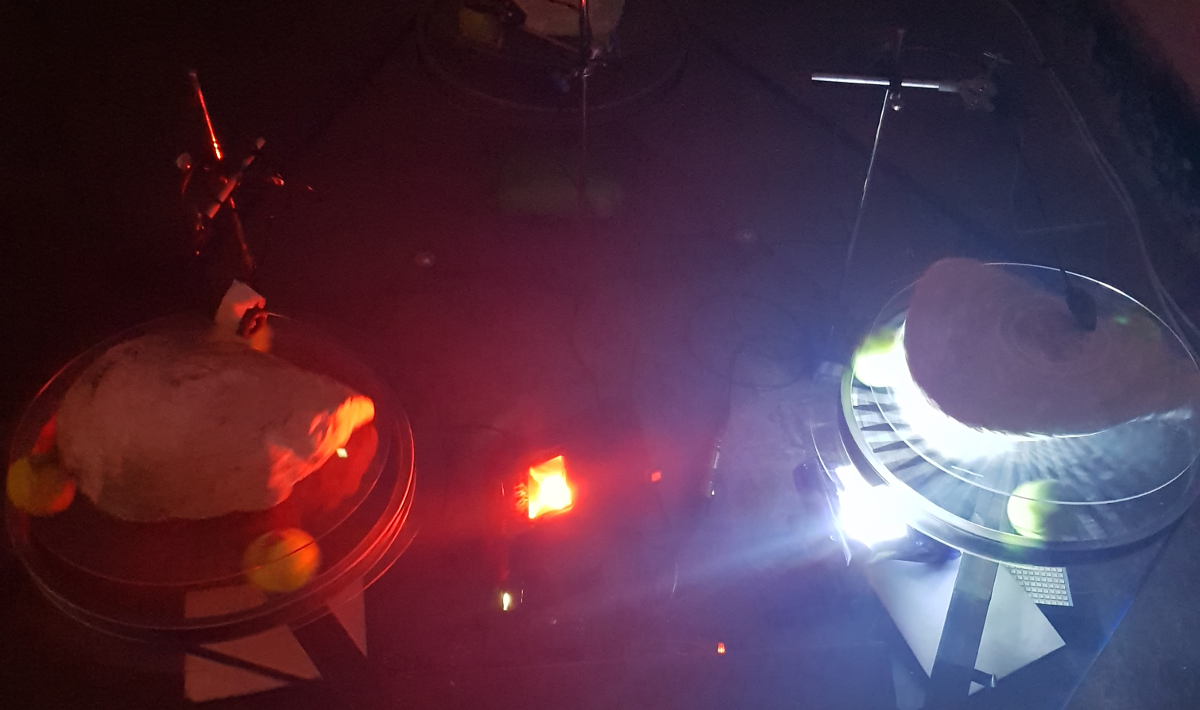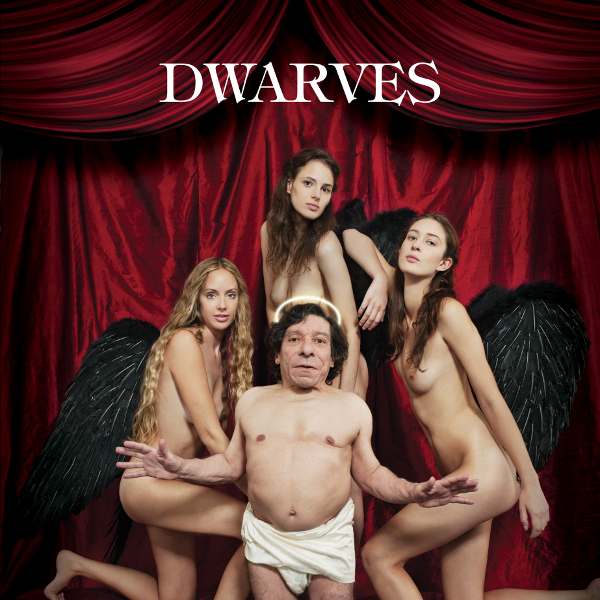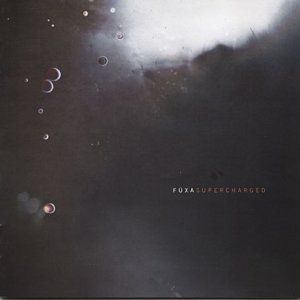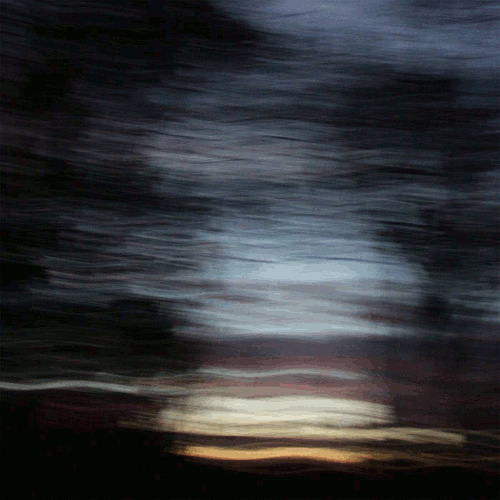Label: C.I.P Format: CD
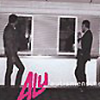 First there was Sand, whose 1974 album Golem was a lost masterpiece of Kosmische psychedelia. The album was re-released and annotated by David Tibet and Steven Stapleton along with other unreleased material from various related projects in 1996 as the Ultrasonic Seraphim double CD set on their combined United Durtro imprint, and with the dissolution of World Serpent Distribution is now sadly unavailable once again. In the extensive liner notes from that release, Sand man Johannes Vester remarked in closing his reminiscences about the band “In 1979 Ludwig [Papenberg] and I started a new project – ALU. But that is another story.” Nine years later and the tale continued, finding Blake Edwards of C.I.P in touch with ALU about re-releasing their long-deleted live LP Licht. Instead they suggested he put out their unreleased debut studio album, only two tracks of which had ever appeared as a 7″ single in 1981. So here at last is Autismenschen, and what a wait it has been.
First there was Sand, whose 1974 album Golem was a lost masterpiece of Kosmische psychedelia. The album was re-released and annotated by David Tibet and Steven Stapleton along with other unreleased material from various related projects in 1996 as the Ultrasonic Seraphim double CD set on their combined United Durtro imprint, and with the dissolution of World Serpent Distribution is now sadly unavailable once again. In the extensive liner notes from that release, Sand man Johannes Vester remarked in closing his reminiscences about the band “In 1979 Ludwig [Papenberg] and I started a new project – ALU. But that is another story.” Nine years later and the tale continued, finding Blake Edwards of C.I.P in touch with ALU about re-releasing their long-deleted live LP Licht. Instead they suggested he put out their unreleased debut studio album, only two tracks of which had ever appeared as a 7″ single in 1981. So here at last is Autismenschen, and what a wait it has been.
If Sand sounded spaced out to an extreme, ALU must have been a fearsome live act for the Eighties to deal with. Adopting the shirtsleeves and ties of both Kraftwerk and some of the art school Punks and delving into the possibilites electronics were beginning to offer in similar ways to their contemporaries, Vester and Papenberg created a harsher, more Industrial sound seemingly a million miles away from the trippy epics of other remarkably-named post-Sand projects like Johannes Vester And His Vester Bester Tester Electric Folk Orchestra (some of which material also surfaced on Ultrasonic Seraphim). Occasionally Autismenschen has affinities with the nascent Einstürzende Neubauten who were emerging from the ruins around the same time, and whose early material is less based on metal bashing and more on electronics as the Kalte Sterne compilation demonstrates. Anyone expecting surround-sound lysergic weirdness will instead trip up on the splurge of electronic rhythms and low-resolution drumbeats which sputter out of opening track “Funkturm”, accompanied by a ranting spew of dystopian rage vented by Vester.
With their primitive driving goove offset by some brightly sparkling synth melodies, ALU’s music on this CD bristles frequently with the sense of dread which semed to pervade Western Europe in those times of Cold War crisis and apparent impending cruise missile-borne doom. There are noticable hints of Sand’s hypnotic impulse pulsating in the undertow, but the mood is less wide-eyed and -brained, guitar strings pulled into scrawls of plangent expressionist malaise as the chant “Halt Dich Fest” chugs past with unfriendly air of palpable illness, and the cyclical drum machine sounds and looped drones of “Big Fon” reverberate backwards and forwards to lo-fi bleeps and beats. There are further hesitant excursions into squittery electro-machine music in “Sie Kriegt Alles Was Sie Will”, where the rhythm fights its way out of a mesh of apparently fumbling motifs into a hypnagogic clash of synth sounds clamouring for attention with the muttered words which eventually sing out loud as a bizarre form of what could be a Berlin underground drinking song.
As with all good (post)Punk-era bands, there is an R’n’B cover on Autismenschen, in this case Willie Dixon‘s “I Just Want To Make Love To You” rendered in sub-Residents German language style as “Liebe Machen”, all wobbly electro Blues and painfully-wrenched guitar. Electronics and tapeloops whirr and throb into emergent post-Punk shouts, with the simple chord changes of single A-side “Bitte Warten Sie!” urging speed-fuelled pogoing back from the bombed-out squat dancefloor, but in determinedly manic form as the vocals decay and declare “Ich warte! Ich warte!” (“I wait! I wait!”). Likewise “Schachcomputer” has a queasy pounding riff designed for punching drunken fists into the air in faux-epic denial and simultaneous celebration of the rise of the chess-playing machine. “Der Zirkus Ist in Der Stadt” has another stab at a rousing chorus, and while the fuzz guitar is sometimes clumsily executed, there is an undeniable charm to the song with its bouncy drum machine and increasingly deranged vocals. “Aludome” starts off at the point where Synthpop is explored, inevitably enough, but here with a melancholic twist as the drumbeats patter hesitantly before shuffling away on downbeat synth gestures; and “Camarillo Boogie” closes the album in a swirl of uncharacteristic upbeat electronic Rock’n’Roll which nods somewhat hesitantly in Suicide‘s general direction.
Despite the references (the use of a pink sprayed uppercase ALU logo is reminiscent of NEU!‘s classic sleeve designs) and affinities to their compatriots on both sides of the Berlin Wall, and the wider international electronic underground of the early Eighties throughout, there is something engagingly different about Autismenschen which sets it aside. While not always consistently great, much of this disc is genuinely visionary, and its release places ALU firmly back on the map alongside other groups such as Deutsche Amerikanischer Freundschaft, Der Plan, Pyrolator or No More who are gaining wider recognition for their contribution to the development of electronic music.
-Richard Fontenoy-
